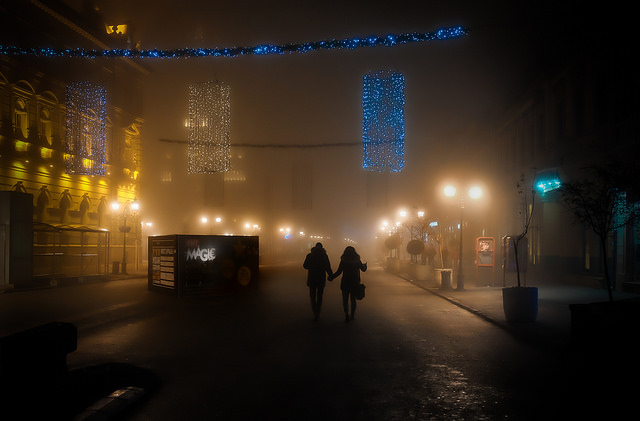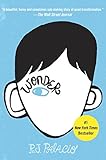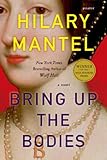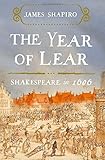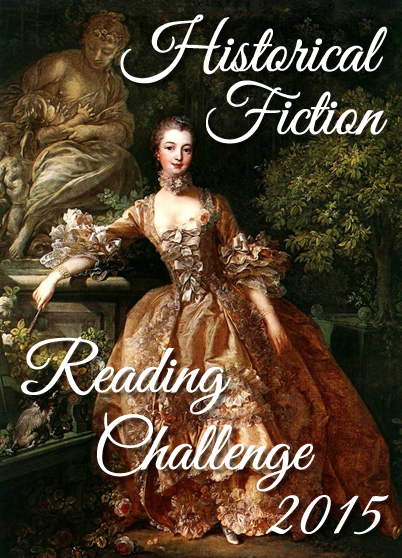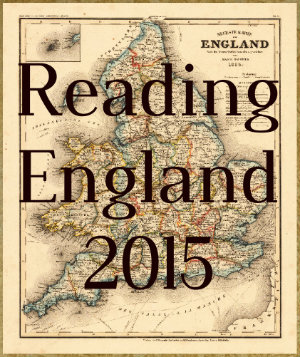
Happy New Year! I hope everyone is enjoying a last evening off before returning to work. I needed another week, I think. This weekend, I’ve been curled up with Elizabeth Kostova’s novel The Historian. I think I have about 140 pages left in that one, but it’s over 700 pages, so I’m actually in the home stretch. I will save my comments for the review.
I have also been dipping into Antonia Fraser’s biography of Marie Antoinette, but I haven’t made much progress with Simon Schama’s Citizens. I listened to the first chapter of the final book in the All Souls trilogy by Deborah Harkness: The Book of Life. I am mainly curious to find out how the series ends.
I did not get a chance to show you what I got for Christmas.

I started playing guitar in high school and even took a classical guitar class in college, but I admit I haven’t played much in years. I have an acoustic guitar, but I have always really wanted an electric guitar, ever since high school. I used to look at pictures of guitars and dream. I have been playing, and things are starting to come back. I am taking an Introduction to Guitar class through Berklee College of Music on Coursera. The course officially starts tomorrow. I’m very excited to see what I can learn. If you haven’t tried out any of the free courses on Coursera, you should check them out. I have taken some really interesting ones.
I am excited for the new season of Downton Abbey tonight, even thought it’s the last one. Did anyone catch the special episode of Sherlock? I loved it! I really wish they could air the next season soon, but I understand that now that Martin Freeman and Benedict Cumberbatch are big movie stars, it’s hard to schedule filming Sherlock. What a great show, though.
This week will likely be a busy one, with the return to work. I am hoping to grab some time in the evenings to read. I definitely want to finish a couple of books I’ve had going on my Kindle for a while.
What are you up to this week? What are you reading?
The Sunday Post is a weekly meme hosted by Caffeinated Book Reviewer. It’s a chance to share news, recap the past week on your blog, and showcase books and things we have received. See rules here: Sunday Post Meme. Image adapted from Patrick on Flickr.

